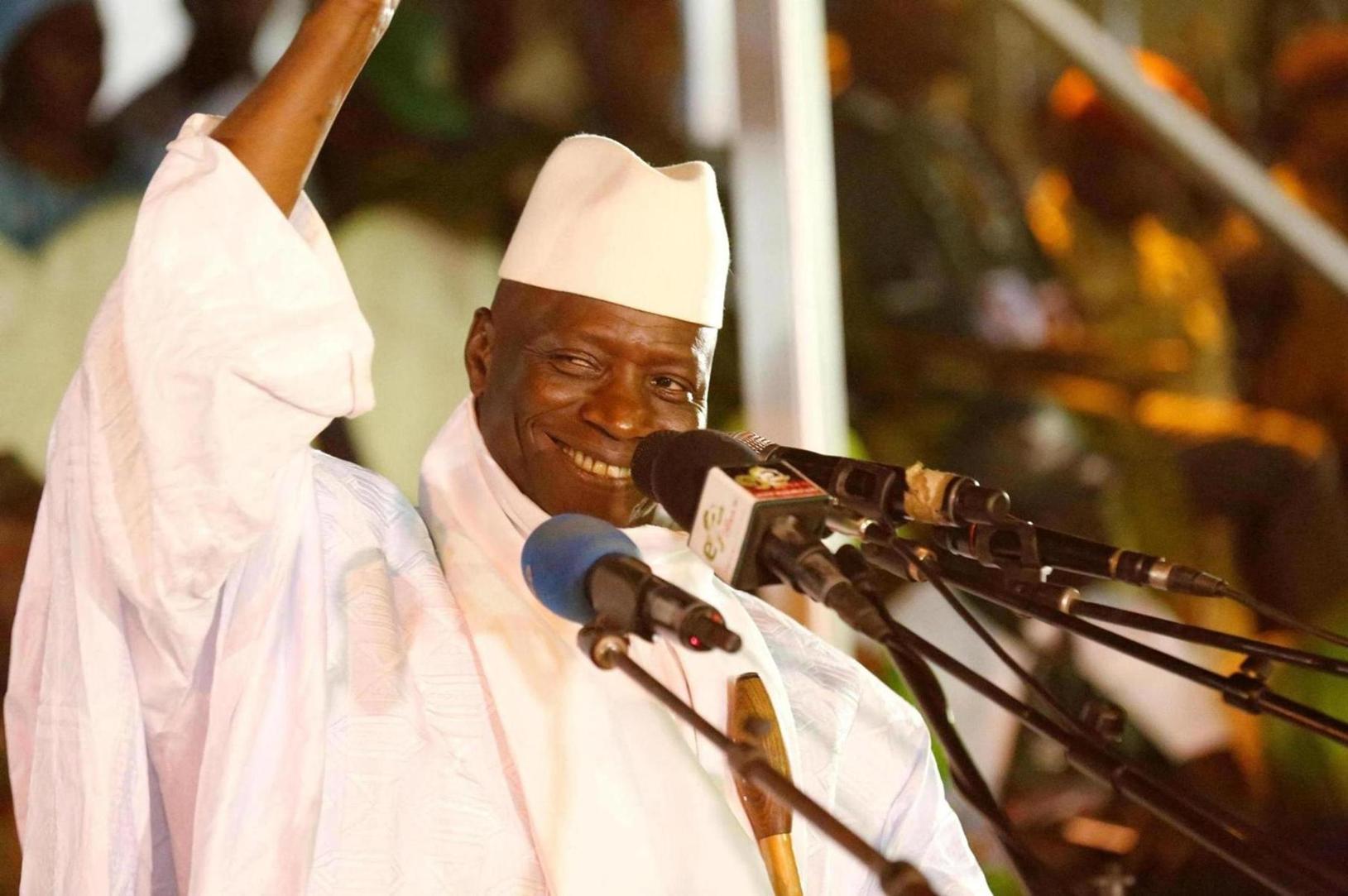Africa-Press – Gambia. The news that journalists were barred from covering the Assembly Committee’s inventory tour of former president Yahya Jammeh’s assets is troubling, to say the least. This action raises critical questions about transparency, accountability, and the public’s right to know.
When Jammeh was removed from office, it was not merely a change of government—it was the end of a regime marked by abuse of power, widespread corruption, and gross violations of rights. The current process of auditing, inventorying, and possibly recovering Jammeh’s assets is not a private affair. It is a matter of deep public interest, for those assets are believed to have been acquired through public funds, state resources, and questionable practices. Citizens, therefore, have the right to be informed, and the media is the primary channel through which this can happen.
By barring journalists from witnessing the committee’s work, a shadow is cast over what should be an open, transparent process. Such opacity risks eroding public confidence, not only in the Assembly Committee but in the wider governance framework. Citizens may begin to suspect that deals are being struck behind closed doors, that the truth is being diluted, or that vested interests are being protected. Whether or not these suspicions are valid, the mere appearance of secrecy is damaging enough.
Transparency is not a luxury—it is the lifeblood of accountability. Without it, even the most well-intentioned committees will find their credibility questioned. Allowing journalists access would have ensured that the process is documented, scrutinised, and reported on fairly. It would have signalled that the government and the Assembly have nothing to hide, and that the people’s interests are at the heart of the exercise.
At a time when Gambians are still struggling to rebuild trust in public institutions, every opportunity to demonstrate openness must be seized. Shielding the process from the press does the opposite. Accountability cannot thrive in the dark; it requires light, scrutiny, and the courage to be held responsible.
We urge the Assembly and relevant authorities to reconsider this approach. Journalists should not only be allowed but encouraged to cover such processes. After all, the assets in question do not belong to individuals—they belong to the Gambian people.
Only through transparency can justice be seen to be done, and only through accountability can the wounds of the past begin to heal.
Source: The Standard Newspaper | Gambia
For More News And Analysis About Gambia Follow Africa-Press






